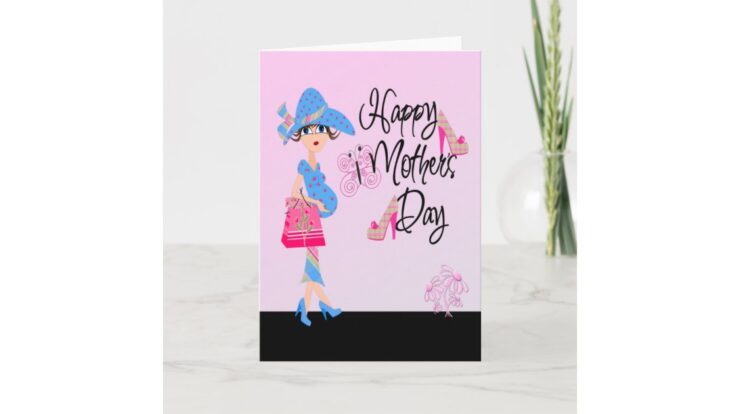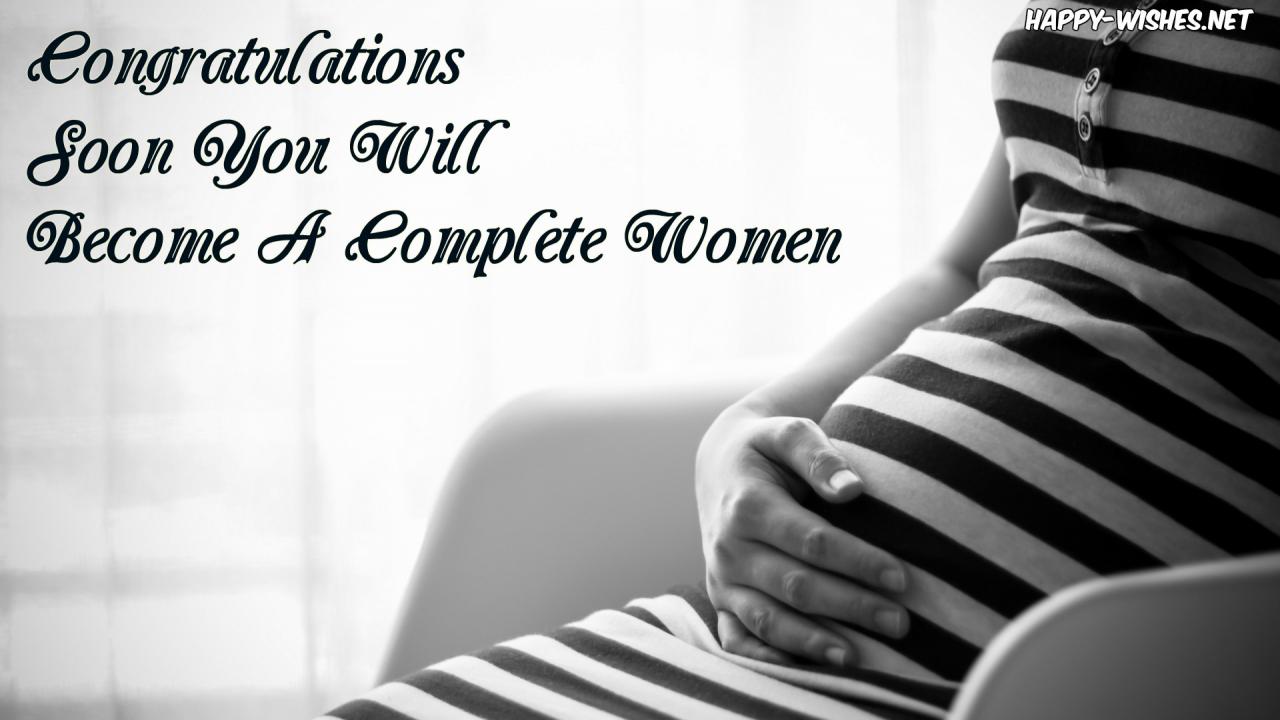
Do you say happy mother’s day to a pregnant woman – The question of whether or not to wish a pregnant woman Happy Mother’s Day can be a tricky one to navigate. On the one hand, you want to acknowledge her impending motherhood, but on the other hand, you don’t want to offend her if she’s not yet ready to embrace that role.
In this article, we’ll explore the cultural and social etiquette surrounding this topic, provide guidance on how to approach pregnant women with sensitivity and inclusivity, and suggest alternative ways to express your congratulations.
No matter how you choose to celebrate Mother’s Day, it is a day to show your appreciation for the women who have loved and supported you throughout your life. Sending happy mother’s day greetings is a simple way to express your gratitude.
Ultimately, the decision of whether or not to say “Happy Mother’s Day” to a pregnant woman is a personal one. There is no right or wrong answer, and the best approach will vary depending on the individual woman and your relationship with her.
For those who have lost their mothers, Mother’s Day can be a time of both joy and sorrow. Some people choose to honor their mothers’ memory by sending happy heavenly mother’s day wishes.
When to Say “Happy Mother’s Day” to a Pregnant Woman: Do You Say Happy Mother’s Day To A Pregnant Woman

Mother’s Day is a time to celebrate mothers and all they do for their families. But what about pregnant women? Should you say “Happy Mother’s Day” to a pregnant woman? The answer is not always clear.
In some cultures, it is considered disrespectful to say “Happy Mother’s Day” to a pregnant woman. This is because pregnancy is not yet considered motherhood. In other cultures, it is considered a kind gesture to acknowledge a woman’s pregnancy and wish her well on Mother’s Day.
Ultimately, the decision of whether or not to say “Happy Mother’s Day” to a pregnant woman is up to you. However, it is important to be sensitive to her feelings and to respect her wishes.
Cultural and Social Etiquette, Do you say happy mother’s day to a pregnant woman
The cultural and social norms surrounding expressing congratulations to pregnant women vary widely around the world. In some cultures, it is considered disrespectful to acknowledge a woman’s pregnancy before she has given birth. In other cultures, it is considered a kind gesture to offer congratulations and well wishes.
In the United States, it is generally considered acceptable to say “Happy Mother’s Day” to a pregnant woman. However, it is important to be sensitive to her feelings and to respect her wishes. If she does not want to be congratulated on Mother’s Day, it is important to respect her decision.
Sisters also play an important role in the lives of mothers, and many people choose to send happy mother’s day sis wishes to their sisters who are mothers.
Sensitivity and Inclusivity
When approaching a pregnant woman, it is important to be sensitive to her feelings and to respect her wishes. Here are a few tips:
- Be mindful of your language. Avoid using terms like “expecting mother” or “mom-to-be” if she does not identify with these terms.
- Be respectful of her boundaries. Do not touch her belly without her permission.
- Listen to her. She may have different feelings about her pregnancy than you do.
Pregnancy-Related Challenges
Pregnancy can be a challenging time for women. They may experience a variety of physical, emotional, and hormonal changes. These changes can affect their response to congratulations.
For example, some women may feel self-conscious about their changing bodies. Others may be anxious about the birth or the future. It is important to be understanding of these challenges and to offer support.
Alternative Expressions of Support
If you are not sure whether or not to say “Happy Mother’s Day” to a pregnant woman, there are other ways to express your support.
Celebrate the remarkable women in your life with heartfelt happy mothers day wishes . Honor the memory of departed mothers with happy heavenly mother’s day messages. Extend your gratitude to the special sisters who embody motherhood with happy mother’s day sis greetings.
Share the joy and warmth of the occasion with happy mother’s day greetings that express your love and appreciation.
- You could offer to help her with errands or chores.
- You could give her a gift that is not related to pregnancy or motherhood.
- You could simply tell her that you are thinking of her and that you are there for her.
Last Point

If you’re unsure whether or not to wish a pregnant woman Happy Mother’s Day, it’s always best to err on the side of caution and avoid saying it. You can always offer your congratulations in a more general way, such as “I’m so excited for you and your new baby!” or “I can’t wait to meet your little one!”
FAQ Section
Is it okay to say Happy Mother’s Day to a woman who is pregnant with her first child?
Yes, it is generally acceptable to say Happy Mother’s Day to a woman who is pregnant with her first child. However, it is important to be sensitive to her individual preferences and boundaries. If she is not yet comfortable with the idea of being a mother, you may want to avoid saying it directly.
Mothers are celebrated around the world on Mother’s Day, a day dedicated to expressing gratitude and appreciation for their love and sacrifices. Many people choose to send happy mothers day wishes to their mothers, whether they are near or far.
What are some alternative ways to express congratulations to a pregnant woman?
There are many ways to express your congratulations to a pregnant woman without saying “Happy Mother’s Day.” You could say something like “I’m so excited for you and your new baby!” or “I can’t wait to meet your little one!” You could also give her a gift, such as a book about pregnancy or parenting, or a gift certificate to a prenatal massage.
What should I do if a pregnant woman tells me she doesn’t want to be wished Happy Mother’s Day?
If a pregnant woman tells you she doesn’t want to be wished Happy Mother’s Day, respect her wishes. You can still offer your congratulations in a more general way, such as “I’m so happy for you!” or “I can’t wait to meet your baby!”
